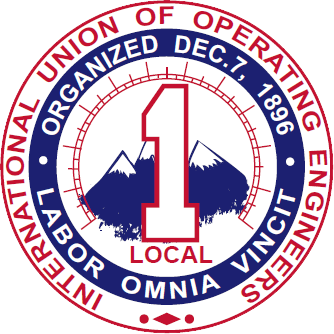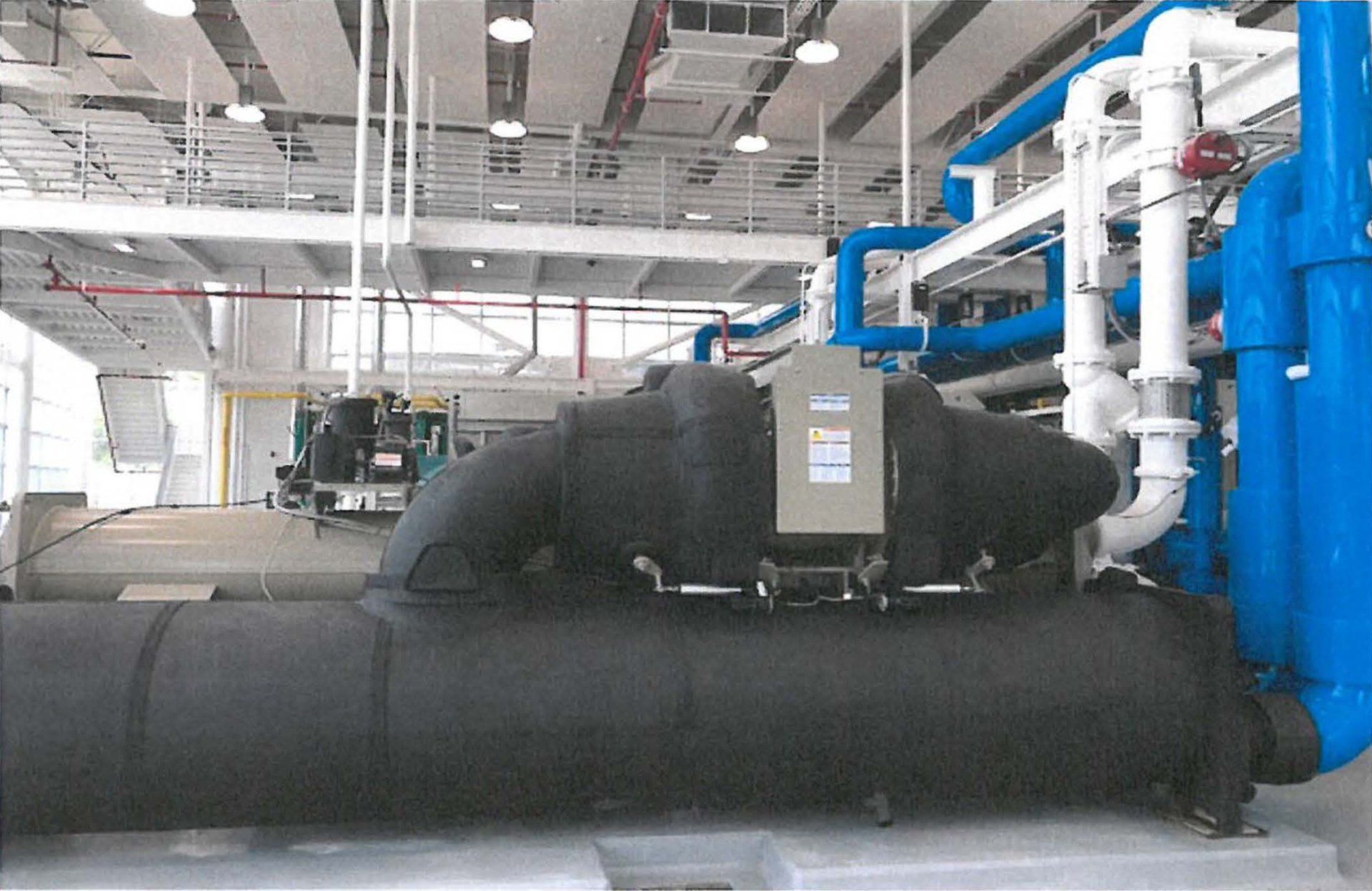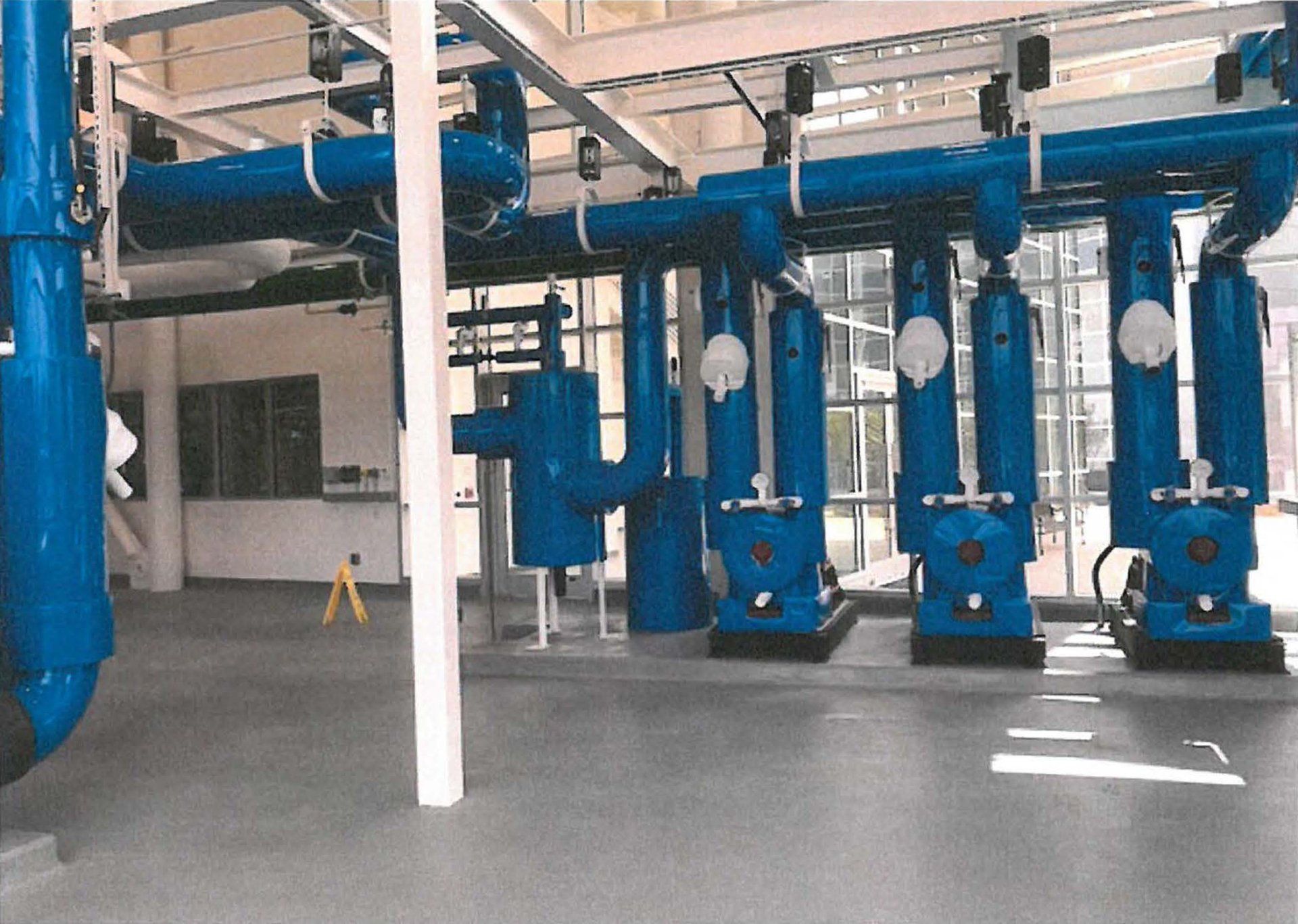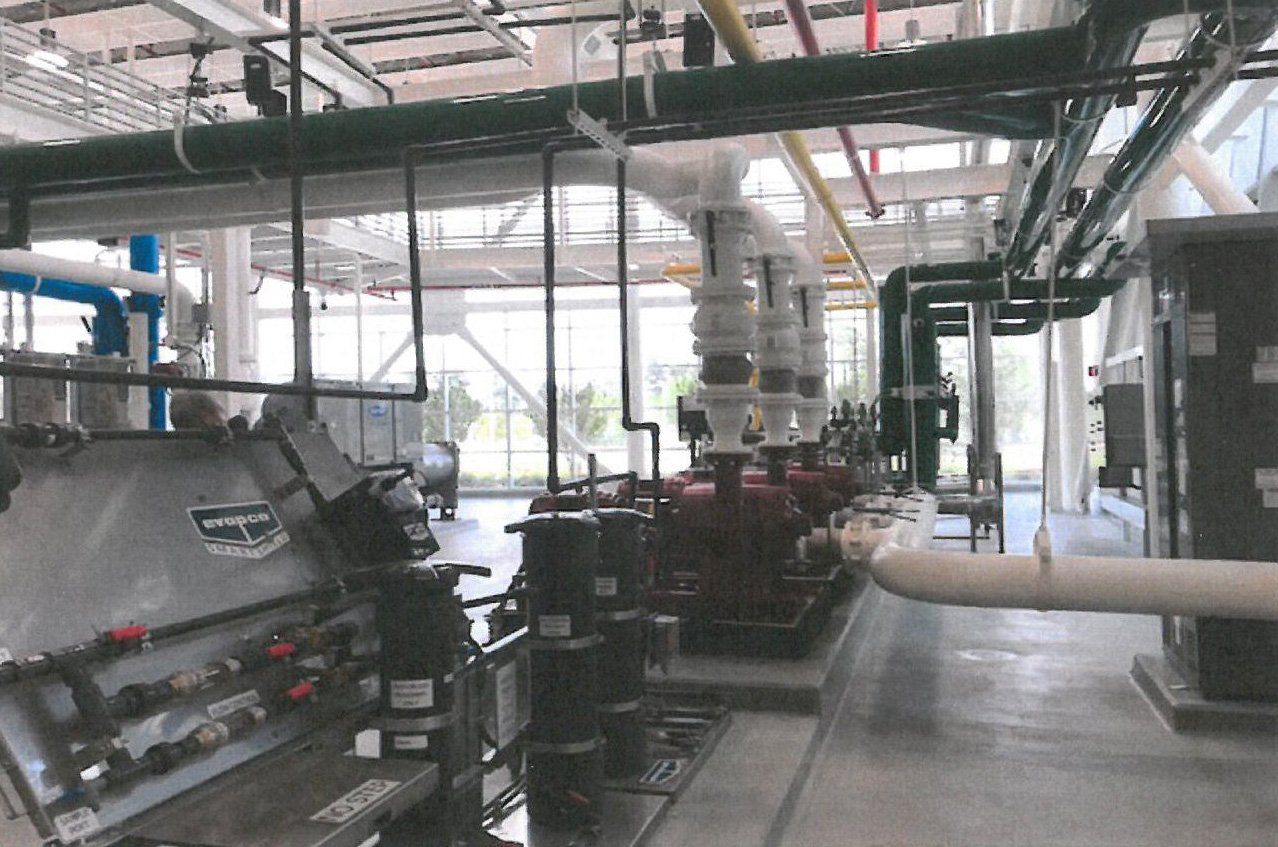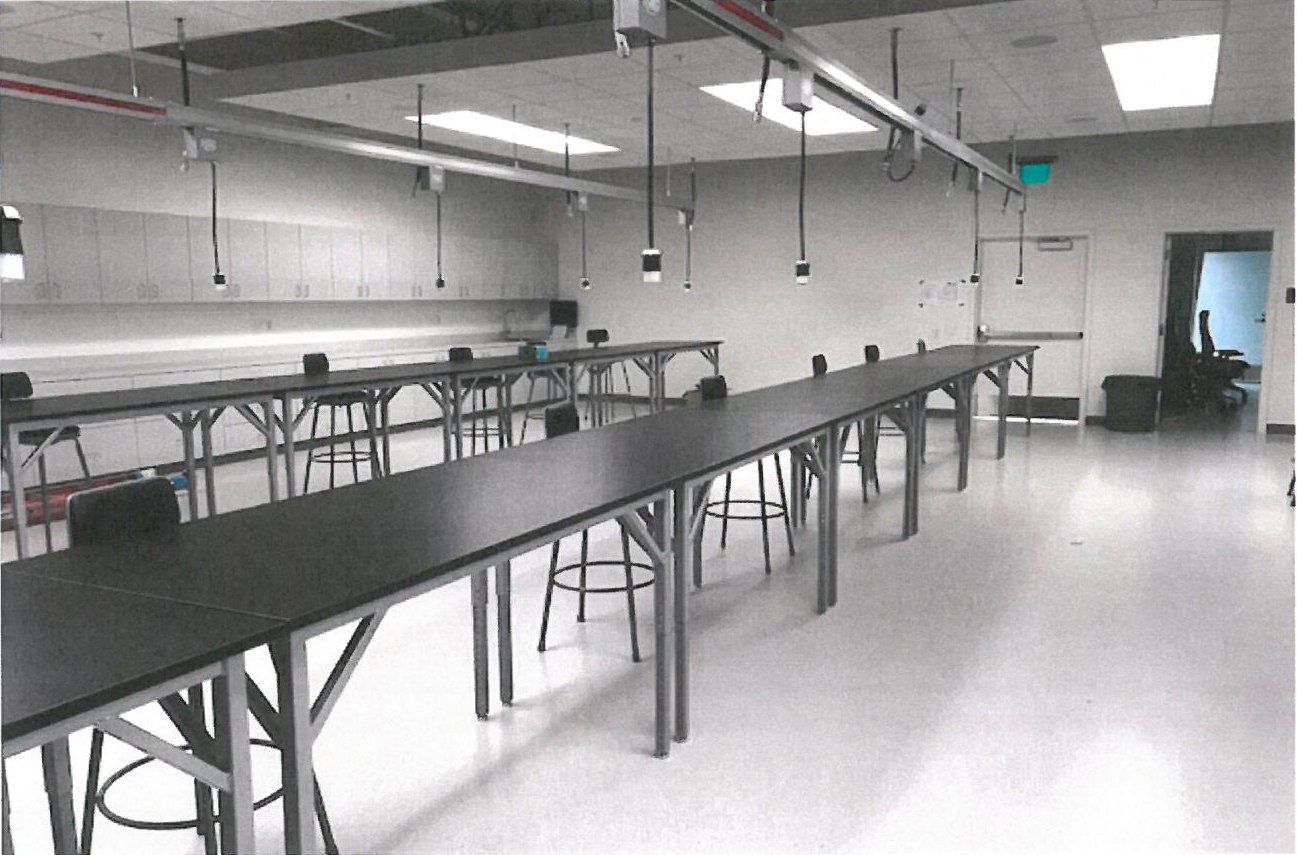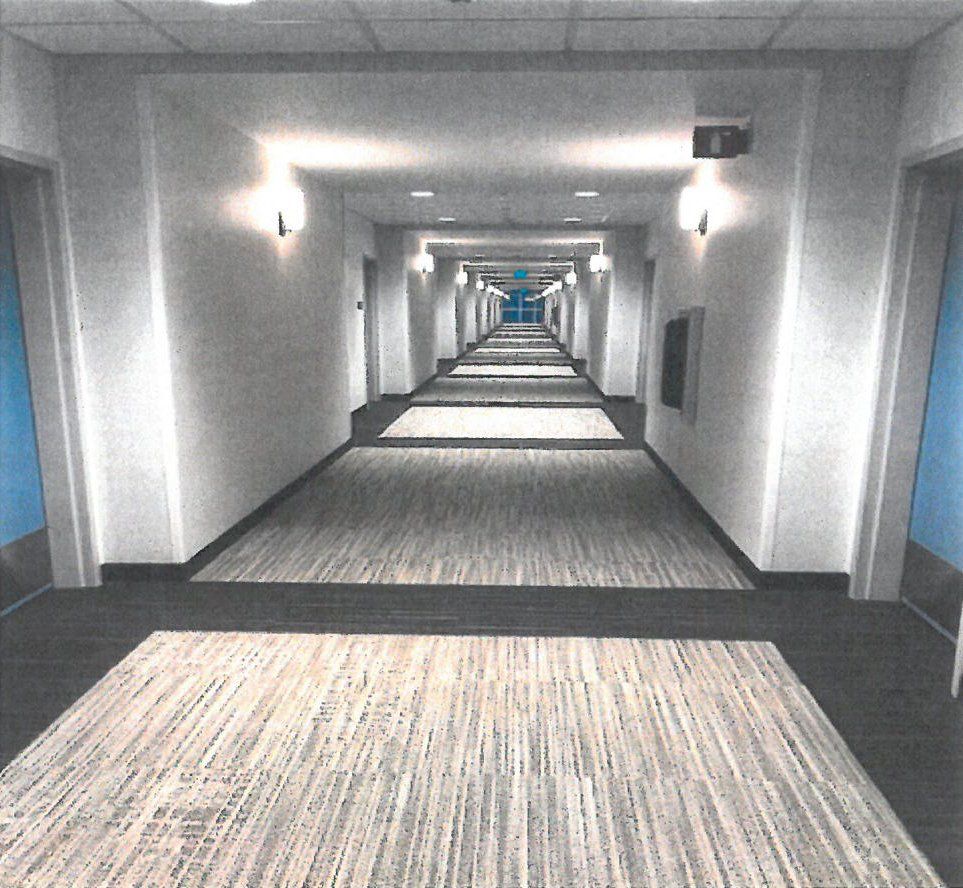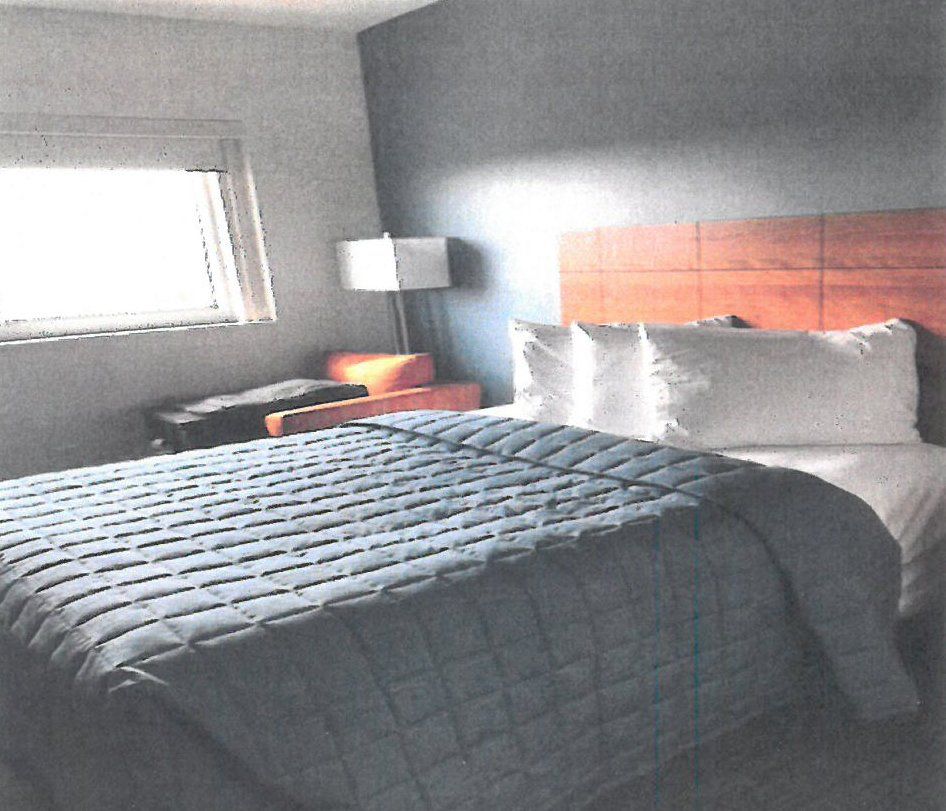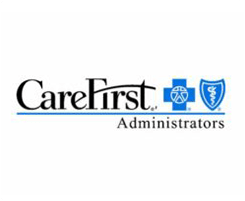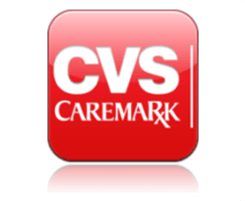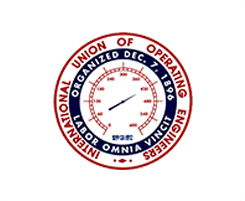Training
A RELIABLE TEAM
Training the next generation of Operating Engineers is the lifeblood of our union. Making sure that Engineers are safe, skilled, and knowledgeable about the equipment they use is our mission
This schedule is subject to change. Revised schedules will be sent out throughout the year.
AIR AND HYDRONIC TESTING & BALANCING TRAIN-THE-TRAINER
This seminar is designed to enhance an engineer's air and hydronic balancing skills. Students will become familiar with the proper tools, instruments, and common methods of transferring air and water through a facility.
BOILER SYSTEM EFFICIENCY
This course is designed to assist in the education and development of the individual who has the responsibilities for the day to day operation and maintenance of their boiler and the ancillary equipment. This individual will gain the knowledge and understanding of how to properly operate the equipment safely and more efficiently. This course will also provide the proper sequence of operation or timing that will assist in the troubleshooting area and reduce downtime and increase reliability. The program includes plant tours to reinforce lessons learned.
BUILDING AUTOMATION SYSTEMS
This seminar is designed to introduce the engineer to Direct Digital controls, various types of Building Automation Systems and a review of Basic Control Theory and Control Sequences. It covers terminology, principals, and applications of direct digital controls (DDC) & automation systems for HVAC monitoring and control. Some of the topics include Interfacing Sensors & Actuators, Microprocessor Fundamentals, Programmable Controllers, Programming Basics, DDC programming Applications, DDC Automation & Design. Students will also gain knowledge on how to troubleshoot and perform tests on DDC control systems such as thermostats, transmitters, actuators, controllers etc. Students will also learn how to properly diagnose, repair and setup Building Automation Systems for ideal comfort and energy savings. There will also be a discussion of the assortment of instruments available for working with DDC controls
CHIEF ENGINEER/FACILITY MANAGEMENT SEMINAR
This Seminar is designed for chief engineers or engineers training to make the transition to chief or lead engineer. This seminar will provide the student the necessary administrative and personnel skills to handle the day-to-day leadership challenges associated with this position. The ten sections are: Recommended Skills levels, Planning and Time Management, Budget Preparation, Computer Applications, Record Keeping, Benefits of an Internal Work Force, Reports and Presentations, Health and safety, Human Relations, and Energy Conservation.
CHILLER EFFICIENCY
Chillers can be one of the largest energy users in a facility. This seminar provides an overview of the fundamentals of several types of chillers and how they function. It also reviews the controls of popular chiller interfaces and what to look for when monitoring them to help ensure they are running at their peak efficiency.
COMMERCIAL FOOD EQUIPMENT MAINTENANCE
In commercial kitchens, there are a variety of equipment including steam, electric, and fuel burning devices as well as ventilation and fire prevention systems. In this seminar, the student will become familiar with many different types of these systems and some of the typical problems which they can develop.
CONTROL SYSTEMS TRAIN-THE-TRAINER
Behind every building automation system is a host of controls and control systems. This seminar provides an overview of various networking systems and includes discussion on BACnet, Ethernet, and ARCNET. It also explains how components such as actuators and sensors are tied into an automation system.
COOLING TOWER-OPERATION/ MAINTENANCE
This seminar is focused on the care of evaporative cooling equipment. The course provides useful information about how to operate equipment for optimal performance and reliability. Students will learn the design of cooling towers. It covers water quality, water flow balance, water quantity, fill condition, fan systems, and overall maintenance.
EMERGENCY GENERATOR OPERATIONS & MAINTENANCE
This seminar provides an overview of the different types of emergency generators including 4 stroke reciprocating and turbine types. It also covers the various fuels and associated fuel management strategies. Suggested maintenance and testing regiments will be covered as well as recommended spare parts inventory. It covers design considerations as well as routine maintenance and testing.
HEALTHCARE EQUIPMENT MAINTENANCE
In a hospital or other healthcare facility, there are a host of unique equipment and system which engineers maintain. This seminar provides an overview of them and dives into more detail on repair of articulating beds, and other patient devices. An overview of medical gas systems is also provided.
HVAC SYSTEM COMMISSIONING
Keeping a facility running at peak efficiency typically begins when it is installed and is repeated periodically throughout the life of the various systems. Checking documentation and verifying that adjustments, settings, configurations, and controls functioning as designed is all part of the process.
HVACR 1 TRAIN-THE-TRAINER
The HVACR1 course has been revised and is in a whole new format. It is a break from PowerPoint and this seminar gives instructors a chance to learn how the course can be taught effectively. The course designers will be on hand.
INDOOR AIR QUALITY FOR HOSPITALS (ICRA)
Health care-associated infections, or HAIs, are infections that people acquire while they are visiting a hospital or receiving treatment for another condition in a health care setting. This seminar teaches engineers how to perform Infection Control Risk Assessments (ICRA) as well as provide hands on training in the latest work area isolation equipment. Students get hands on training in using zip walls, mobile dust containment, and negative air machines.
LIGHTING TECHNOLOGY & EFFICIENCY
This seminar is designed to teach the various lighting systems used in facilities and discuss upgrades for better lighting and energy savings. It reviews lighting quality, quantity, heat, effects on electrical consumption and other factors useful when considering the lighting needs of a facility.
MISSION CRITICAL
This seminar is lecture based and designed as an introduction or overview for the Engineer to various types of Mission Critical Systems in the Data Center Environment. The seminar will begin with how a data center operates followed by how and why data centers have evolved into what they are today. The remainder of the seminar will be more advanced discussions relating to the equipment and how the equipment operates to promote a 24/7 Data Center Operation including an introduction to basic preventative maintenance of critical equipment.
PHOTO VOLTAIC SYSTEM TROUBLESHOOTING
Keeping these renewable energy sources up and running is challenging. Learn how solar panels function and what to do when they don't.
PROGRAMMABLE LOGIC CONTROLLER (PLC)
Learn how to install, operate, and troubleshoot PLCs. Some of the topics include the inputs and outputs, viewing and altering the programming of the controllers, understanding and creating ladder diagrams, and the types of loads which PLCs are normally connected to.
PUMP MAINTENANCE
The successful and efficient operations and maintenance of any mechanical system can only be accomplished with a clear understanding components that make up the mechanical system and how they interact with each other. In the field of stationary engineering, engineers are responsible for the operations and maintenance of systems such as the Chilled Water, Condenser Water and Hot Water systems to just name a few. The heart of each of these is the pump.
In this course students will become familiar with different types of pumps, their operating principles, how to diagnose and troubleshoot issues, and their proper maintenance and repair procedures.
ROOFTOP HVAC TROUBLESHOOTING & MAINTENANCE
Light commercial HVAC units on roofs are the topic of this seminar. Learn all aspects of working in this environment and on these units. This is designed for maintenance and service engineers and provides a concentration troubleshooting best practices.
TEACHING TECHNIQUES I
The Basic Teaching Techniques course is designed especially for part-time, new or recently hired instructors. The course presents useful introductory concepts and also requires actual practice teaching with constructive feedback.
It is conducted over a 4-½ day period. It will provide instructors with all materials and demonstrate various teaching techniques for classroom application. It meets the U.S. Department of Labor requirements for instructor training.
TEACHING TECHNIQUES II
PRE-REQUISITE:
Teaching Techniques I and basic computer skills
The Intermediate Teaching Techniques course is a new component of the IUOE Master Instructor curriculum. This course is designed for instructors with previous classroom teaching experience. It builds on introductory concepts and covers multi-media technologies including PowerPoint presentations and the NTF's Blackboard online education system.
THERMOGRAPHY AND VIBRATION ANALYSIS
Two important tools of our trade will be covered in detail. Get hands on training using the latest Fluke Thermal imagers for testing and troubleshooting. Thermal imagers give engineers insights into how equipment is actually running and can identify problems before component failure occurs. The vibration analysis portion gives students hands on training to test the alignment and vibration of pumps and motors. Plant tours and hookups to actual plant equipment is also provided.
TORCHES AND TUBES FOR STATIONARY ENGINEERS
Every facility has tubes and pipes for various systems including plumbing, HVAC, fuel lines, and sprinklers. Students will work with various pipes including copper plumbing, copper refrigeration, black iron, brass, and others. With much hands on, learn how to braze, sweat, heat, swedge, and thread. This seminar includes destructive testing and time allowing, will also include arc welding.
VARIABLE FREQUENCY DRIVE OPERATION AND BUILDING ELECTRICAL TROUBLESHOOTING SKILLS
This three-day seminar is designed to provide the knowledge and skills required when selecting, installing, testing and troubleshooting VFDs, the motors they control, and the control circuits connected to them. In this hands-on seminar, students will build, program and test VFD, motors and control circuits. Test instruments covered and used include digital multi-meters (DMMs), current clamps, power quality analyzers, and meter attachments.
Topics, circuits, and equipment covered include:
- Test instrument terminology, symbols and measurement functions for each type of instrument used is covered to learn what test instruments should and should not be used on VFD circuits.
- Learn the safe and correct way to take electrical measurements and what the measurements actually mean.
- Learn where and how to use special meter functions like MIN/MAX, RELATIVE, LoZ, Peak, kVA, kW, and PF measurement functions.
- Learn how to test for grounding problems.
- Understanding VFD and motor nameplate data.
- Learn how to test and wire any three-phase motor without using the motors wiring diagram and what the expected readings should be before power is applied and how to troubleshoot the motor after power is applied.
- Circuits built include using, magnetic motor starters (to understand moving from mechanical starters to VFDs), mechanical and solid-state switches, such as, selector switches, proximity switches, photoelectric switches, analog inputs (photovoltaic and potentiometers), and other commonly used electrical devices.
- Connect, program, and test two different types of VFDs (variable frequency drives).
- VFD related system control functions such as timers, mechanical and solid-state relays, and PLCs will also be covered, connected, and tested.
- Take power measurements (P.F., kVA, kW, and harmonic) to understand power quality problems in VFD controlled systems.
WATER TREATMENT
This seminar covers the chemistry behind plant water treatment programs and how it helps ensure that water systems are safe from scale, corrosion, oxygen, carryover, and other issues. Hands on training of actual plant water systems at the training center will also be included.
New Paragraph
Attendee Registration Form
ATTENDEE REGISTRATION FORM
Thank you for contacting us.
We will get back to you as soon as possible
We will get back to you as soon as possible
Oops, there was an error sending your message.
Please try again later
Please try again later
Other Features
- Swimming Pool
- Fitness Center
- Cafeteria
- Bar
- Game Room
- Gift Shop
- Basketball Court
- Direct TV
- Wi-Fi
- Business Center
- IUOE Shuttles to and from Airport
Resources
CONTACT
International Union of
Operating Engineers Local 1
